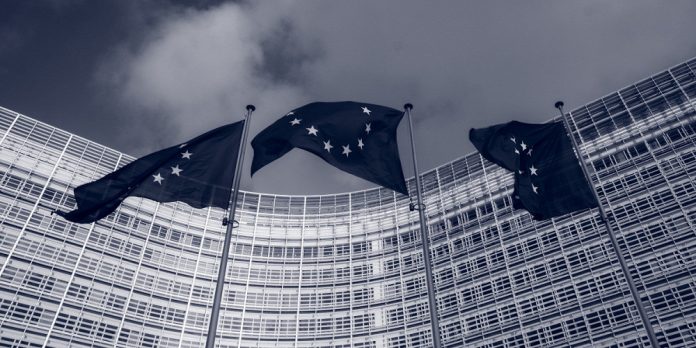On February 24, in honor of the third anniversary of the beginning of a full-scale Russian invasion of Ukraine, the Ministers of Foreign Affairs of the European Union approved the 16th package of sanctions against Russia. This decision, according to the website of the EU Council, includes sanctions against 48 individuals and 35 legal entities that are responsible for actions that undermine the territorial integrity, sovereignty and independence of Ukraine.
One of the main innovations of this package is the inclusion in the list of sanctions of 74 tankers of the Russian fleet engaged in the transportation of oil to bypass international restrictions. The EU also imposes restrictions on persons and structures that contribute to the operation of dangerous oil tankers, banks that help to bypass sanctions, as well as propaganda channels that spread lies. Kai Callas, the head of European diplomacy, emphasized that this package of sanctions is aimed not only at restricting the activities of the Russian shadow fleet, but also for blocking the resources that the Kremlin uses to wage war. She noted that sanctions are an important tool for strengthening Ukraine's position in the conditions of peace negotiations and continuing the fight against Russian aggression. "Each new package of sanctions deprives the Kremlin opportunity to finance its military operations," Callas added, stressed that the European Union will continue to use sanctions as a pressure lever on Russia.
This package of sanctions is part of the EU strategic approach to Russia and support of Ukraine. The European Union is expected to continue to increase pressure on Russia to deprive the Kremlin of financial resources for war, while supporting Ukraine on the way to restore sovereignty and territorial integrity.


